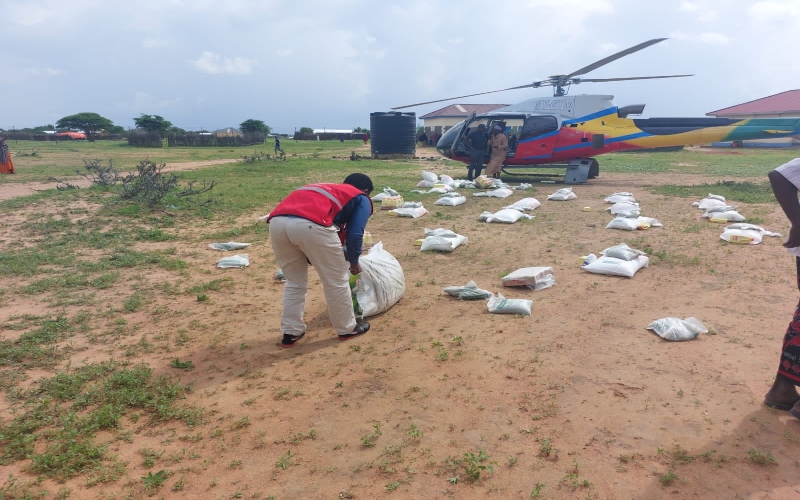Court of Appeal quashes murder conviction of Garissa miner over lack of evidence

The High Court had convicted Chege based on circumstantial evidence, reasoning that he was the last person seen with the deceased and that there were excavator marks and disturbed soil at the scene.
The Court of Appeal in Nairobi has overturned the conviction of Daniel Mwangi Chege, who had been sentenced to death by the High Court in Garissa for the alleged murder of his colleague, Lawrence Oluoch Ogoro, citing insufficient and inconclusive evidence.
A three-judge bench comprising Justices Patrick Kiage, Jamila Mohammed, and George Odunga, on Friday, ruled that the prosecution failed to prove beyond a reasonable doubt that Chege was responsible for the death of Ogoro, whose remains were found scattered near a gypsum mining site in Garissa County in August 2014.
More To Read
- Chinese murder fugitive arrested in Mombasa after assault incident
- Shock and outrage in Lugari as missing school principal’s body found in River Kipkaren
- High court upholds six-year jail term for ex-rugby star Alex Olaba in witness assassination case
- DJ Fatxo to testify in Jeff Mwathi murder case
- Government orders closure of illegal gold mines in West Pokot after deadly accidents
- Senators demand answers over Sh7 billion mineral survey as report remains unpublished
Chege, Ogoro, and another worker named Mwenda were machine operators at Bora Mineral Products, a mining company owned by Festus Mulwa Mutungi.
According to evidence presented in court, a dispute had arisen after 400 litres of diesel went missing from the site. Ogoro and Mwenda were instructed to investigate, but Ogoro later went missing after reportedly leaving with Chege to collect an excavator.
Days later, tattered clothes, body parts, and personal documents belonging to Ogoro were discovered near the mining site. Police officers and health officials confirmed that the remains were human, but the cause of death could not be established. Some witnesses speculated that Ogoro might have been mauled by wild animals common in the area.
The High Court had convicted Chege based on circumstantial evidence, reasoning that he was the last person seen with the deceased and that there were excavator marks and disturbed soil at the scene.
However, the appellate judges found that "the evidence did not irresistibly point to Chege's guilt and was riddled with gaps, including uncorroborated witness accounts."
They further noted that Mwenda, the third worker who was last seen with both men, gave conflicting statements about Ogoro's disappearance before vanishing himself.
In allowing the appeal, the Court of Appeal held that the prosecution's case was speculative and failed to exclude the possibility of death by other causes.
The judges quashed both the conviction and sentence and ordered Chege's immediate release unless otherwise lawfully held.
Top Stories Today













































